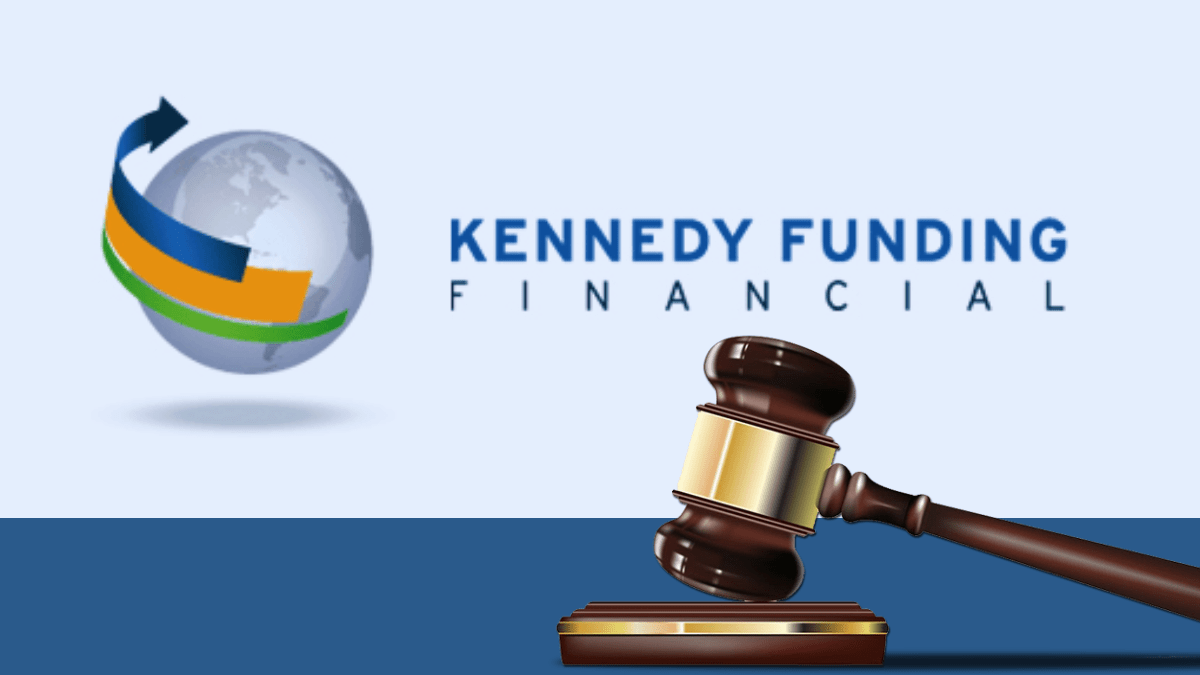In the legal arena, the quiet powerhouse of third-party litigation financing (TPLF) has emerged from the shadows, rocking the boat with a lawsuit that has captured international attention. With TPLF rapidly expanding its footprint across the global legal system, the Kennedy Funding Lawsuit serves as a beacon, illuminating the murky waters of litigation funding by bringing to light the industry’s complexities and the potential national security concerns that accompany it.
Amidst the growing scrutiny, the Kennedy Funding Lawsuit stands as a recent case study on the challenges that emerge when financial dealings intersect with high-stakes litigation. The implications stretch beyond the courtroom, intertwining with issues of transparency, foreign investment, and the foundational principles of the legal system.
The Legacy of Third-Party Litigation Financing
TPLF, the practice of providing capital to a plaintiff or law firm to cover the cost of litigation in exchange for a portion of a successful recovery, is not new. What’s new is its dramatic rise over the last decade, turning it from a niche business model to a multibillion-dollar global industry. Initially conceived as a means to level the legal playing field for under-resourced plaintiffs, today it operates on a much larger scale, with funds pouring in from investors across the spectrum.
Proponents argue that TPLF fosters access to justice by allowing meritorious cases to proceed to trial without being hamstrung by a lack of resources. Critics, however, raise concerns about the distortion of the legal process, worrying that the profit motive can fuel the proliferation of frivolous lawsuits and encourage settlements that may not reflect the true merits of a case.
The Kennedy Funding Lawsuit Unveiled
In the widely-covered case against New Jersey-based real estate lender Kennedy Funding, a competing plaintiff funder made explosive allegations of fraud and corruption, calling into question the integrity of Kennedy’s business practices. The lawsuit has become a flashpoint, intensifying the ongoing debate over the lack of regulations in the TPLF industry and the need for greater scrutiny and accountability.
The intricacies of the case shed light on the transactional nature of this type of funding, where secrecy is often the norm and stakes are high. The lawsuit also underscores the competitive and often contentious relationships among industry players, with each seeking to protect their investments and gain an edge in the market.
Responding to the Surge in Litigation Funding
The legal finance sector has seen a surge in both funding activity and judicial scrutiny. With courts and regulators increasingly called upon to adjudicate disputes that involve TPLF, several states have responded with legislation aimed at regulating the industry.
The objectives of regulatory efforts vary widely, from mandating disclosure of funding arrangements to imposing outright bans on certain types of TPLF. These measures signal a growing awareness among policymakers that the potential risks and benefits of litigation funding are in need of a more structured approach.
National Security Implications of TPLF
The Kennedy Funding Lawsuit has also raised red flags in terms of national security. The involvement of foreign entities in funding U.S. litigation has prompted concerns about the potential implications for sovereignty and classified information, as well as the security of personnel and infrastructure.
The interrelation between TPLF and national security is a complex issue. It speaks to the broader challenge of managing the national interest within the context of a globalized financial system, in which investments cross borders and intersect with a wide array of sectors, including the judiciary.
Political Interests and Legal Funding Mechanisms
One aspect that cannot be overlooked is the intersection of political interests with the mechanisms of legal funding. The relationships between third-party funders and political figures, the influence of funding on the outcome of political battles, and the wider web encompassing lobbying and legislative action all play a role in shaping the discourse and regulation of the industry.
The Kennedy Funding Lawsuit case is not just about financial disputes and legal maneuvering. It is also a lens through which to examine the ties between business, law, and politics and the influence that each wields in shaping the development of this fledgling sector.
The Call for Transparency and Ethical Conduct
As litigation funding continues to evolve, a chorus of voices is demanding greater transparency and ethical conduct from industry participants. This call, rooted in the principles of justice and fair play, seeks to strike a balance between the pursuit of profit and the integrity of the legal process.
By establishing clear guidelines and best practices, the industry can move toward a model that ensures accountability and instills confidence in the justice system. Transparency in funding arrangements, strict ethical codes, and increased judicial oversight could be key in safeguarding the interests of all parties involved.
Conclusion: Navigating the Future of Third-Party Litigation Financing
The Kennedy Funding Lawsuit has ignited a critical examination of the TPLF industry and its place within the legal system. In its wake, there is an opportunity to chart a path forward that legitimizes third-party funding while upholding the core tenets of justice and the rule of law.
Balancing the benefits of TPLF, such as amplifying access to the courts, with the potential drawbacks, including the erosion of legal process standards, is a complex task. Moving forward, it will be crucial for stakeholders – from litigants and lawyers to regulators and the public – to engage in a constructive dialogue that paves the way for a more transparent, responsible, and equitable legal funding landscape.
The Kennedy Funding Lawsuit serves as a wake-up call for the industry, illuminating areas in need of reform and providing impetus for change. It is a moment in time to reflect on the values and objectives that underpin the legal finance sector and to take decisive action to ensure its responsible growth and operation.
With thorough analysis, informed debate, and concerted action, the TPLF industry can evolve to become a force for good in the global legal sphere. It is only through collective effort and a commitment to the highest standards that the promise of third-party litigation financing – to enhance access to justice and uphold the rule of law – can fully be realized.



